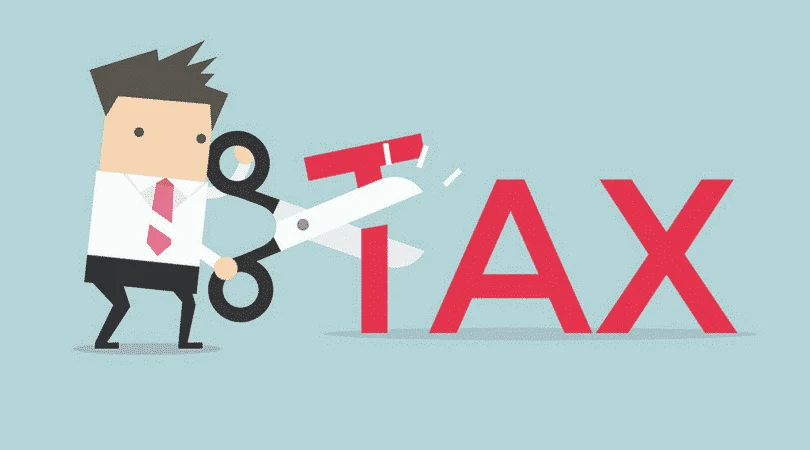As an Amazon seller in Canada, navigating the complexities of tax compliance is essential to running a successful e-commerce business. From income tax to sales tax obligations, understanding the rules and regulations can help you avoid penalties and optimize your financial standing. This guide provides an overview of key tax considerations for Amazon sellers operating in Canada.
1. Income Tax Obligations
Amazon sellers in Canada must report their business income and pay taxes accordingly. Your obligations depend on your business structure:
- Sole Proprietorship or Partnership: Report your business income on your personal tax return (T1) using Form T2125 (Statement of Business or Professional Activities). The net income from your Amazon sales is taxed at your personal marginal tax rate. The filing deadline is June 15, but any taxes owed must be paid by April 30 to avoid interest charges.
- Corporation: If you operate as a corporation, file a corporate tax return (T2). Corporate taxes are due six months after the fiscal year-end, with interest accruing three months after the fiscal year-end.
To maximize deductions, ensure you claim eligible expenses such as shipping costs, advertising fees, and Amazon seller fees. Keeping detailed records of income and expenses is crucial for accurate reporting and audit preparedness.
2. Sales Tax Requirements (GST/HST/PST)
Canadian Amazon sellers must comply with federal and provincial sales tax regulations:
- GST/HST Registration: If your worldwide taxable sales exceed $30,000 over four consecutive quarters, you are required to register for a GST/HST account with the Canada Revenue Agency (CRA). Voluntary registration can also be advantageous, allowing you to claim input tax credits on business expenses.
- PST Requirements: In provinces with separate Provincial Sales Tax (PST), such as British Columbia and Saskatchewan, sellers may need to register and collect PST based on their economic presence or sales thresholds.
- Tax Collection: The applicable tax rate depends on the buyer’s location. For example:
- In HST-participating provinces like Ontario, charge HST.
- In non-HST provinces like Alberta, charge GST only.
- If selling to Quebec customers, collect both GST and QST.
Amazon’s Marketplace Tax Collection (MTC) program simplifies compliance by collecting and remitting sales taxes on behalf of third-party sellers in certain jurisdictions. However, sellers registered for GST/HST or PST must ensure proper reporting of taxes collected by Amazon as part of their payouts.
3. Key Deadlines
- Income Tax Deadlines:
- Sole proprietors/partnerships: File by June 15; payments due by April 30.
- Corporations: File within six months of fiscal year-end; payments due within three months.
- Sales Tax Filing:
- GST/HST returns are typically filed quarterly or annually, depending on your revenue level.
- Provincial sales taxes (e.g., PST/QST) have their own filing schedules based on provincial requirements.
4. Best Practices for Compliance
- Maintain Accurate Records:
- Track all sales, expenses, and taxes collected.
- Use accounting software or consult a professional accountant to stay organized.
- Understand Place of Supply Rules:
- The tax rate applied depends on the buyer’s province. Familiarize yourself with these rules to ensure accurate tax collection.
- Stay Updated on Regulations:
- Tax laws evolve frequently. Monitor updates from the CRA and provincial authorities to remain compliant.
- Leverage Deductions:
- Claim all eligible business expenses to reduce taxable income. Common deductions include shipping fees, advertising costs, and home office expenses.
- Consult Professionals:
- Work with a CPA experienced in e-commerce taxation to optimize your tax strategy and ensure compliance.
5. Penalties for Non-Compliance
Failure to meet your tax obligations can result in penalties, interest charges, or even criminal prosecution. Filing late or underreporting income may trigger audits by the CRA or provincial authorities. Proactive record-keeping and timely filings are essential to avoid these risks.
Conclusion
Tax compliance is a critical aspect of running an Amazon business in Canada. By understanding your income and sales tax obligations, maintaining detailed records, and staying informed about regulatory changes, you can ensure smooth operations while maximizing profitability.
Abdullah CPA is there to help you navigate the complex Tax framework.






